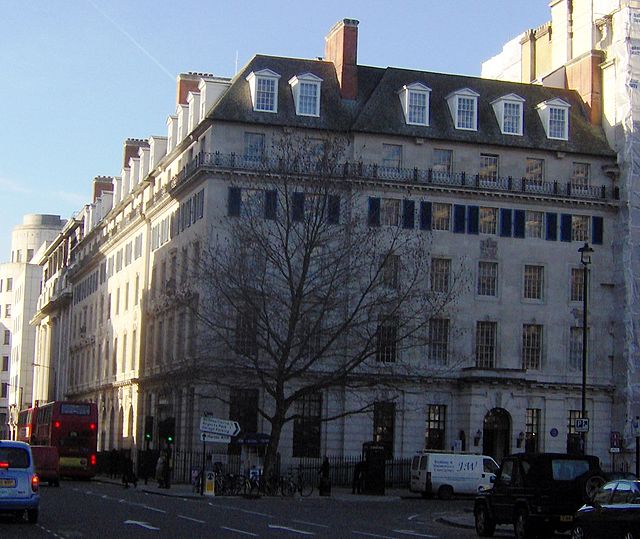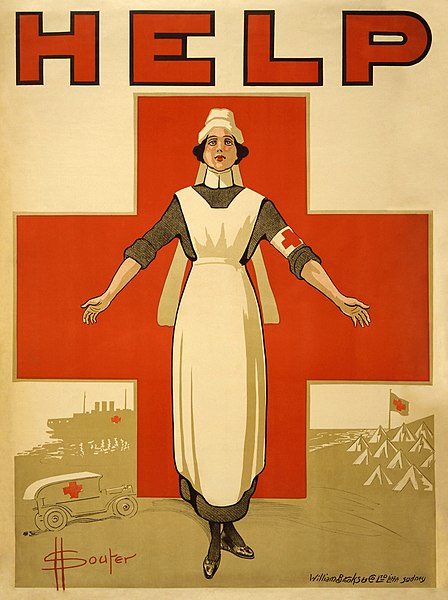The Royal College of Nursing (RCN) is a registered trade union and professional body in the United Kingdom for those in the profession of nursing. It was founded in 1916 as the College of Nursing, receiving its royal charter in 1928. Queen Elizabeth II was the patron until her death in 2022. The majority of members are registered nurses; however student nurses and healthcare assistants are also members. There is also a category of membership, at a reduced cost, for retired people.
Coat of arms
RCN HQ, Cavendish Square London
Then-President of the RCN, Cecilia Anim, opening the RCN's West Midlands office in 2016
Previous RCN President, Andrea Spyropoulos, at the 2010 AGM
Nursing is a health care profession that "integrates the art and science of caring and focuses on the protection, promotion, and optimization of health and human functioning; prevention of illness and injury; facilitation of healing; and alleviation of suffering through compassionate presence". Nurses practice in many specialties with varying levels of certification and responsibility. Nurses comprise the largest component of most healthcare environments. Shortages of qualified nurses are found in many countries.
A nurse checks a patient's blood pressure.
Russian Sisters of Mercy in the Crimea, 1854–1855
Florence Nightingale was an influential figure in the development of modern nursing. No uniform had been created when Nightingale was employed during the Crimean War. Often considered the first nurse theorist, Nightingale linked health with five environmental factors: (1) pure or fresh air, (2) pure water, (3) efficient drainage, (4) cleanliness, and (5) light, especially direct sunlight. Deficiencies in these five factors resulted in a lack of health or illness.
A recruiting poster for Australian nurses from World War I








